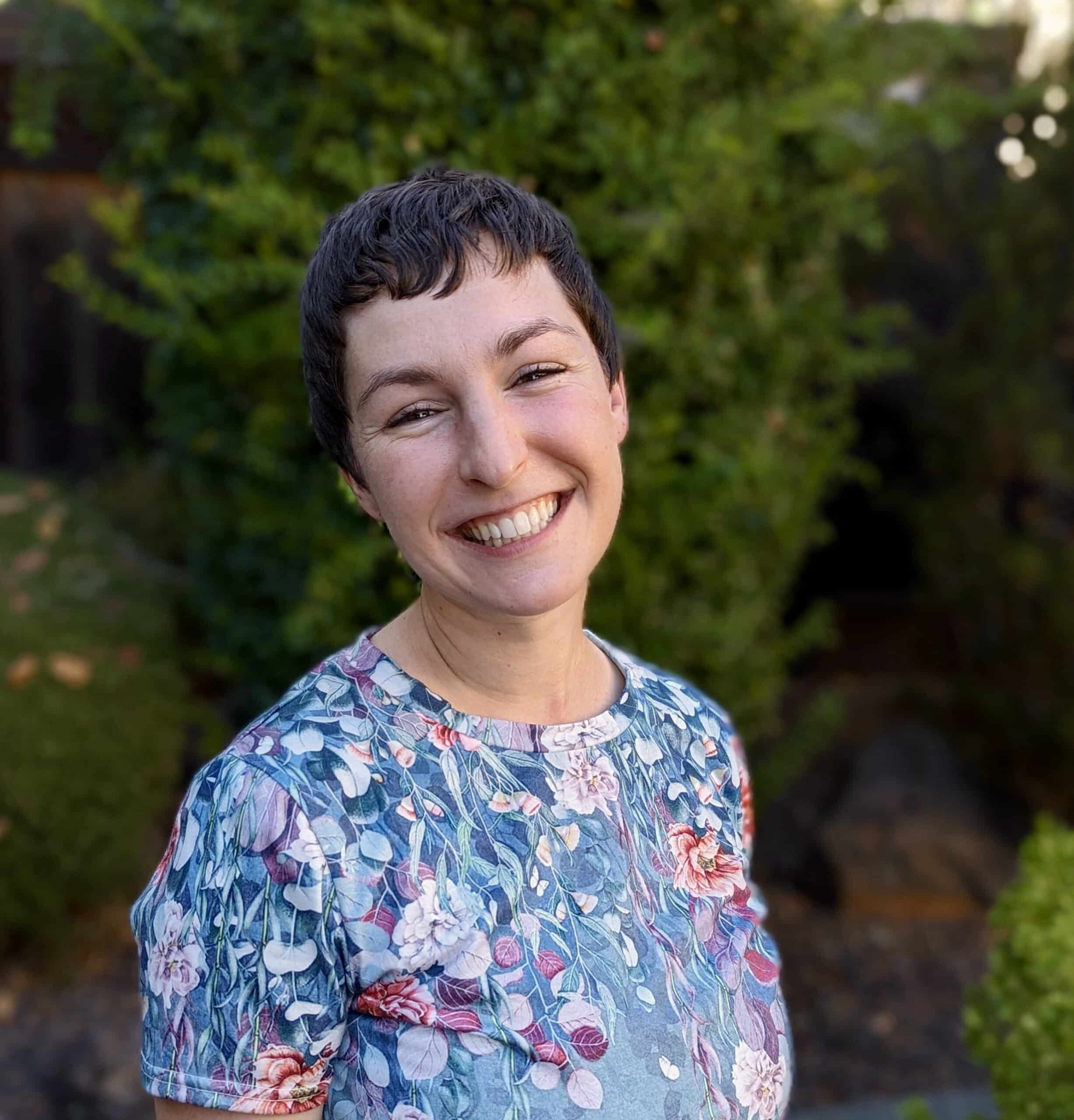In recent years, the concept of nutritional psychiatry has gained momentum — particularly concerning the brain-gut connection.
Your brain works 24/7, requiring a constant supply of fuel. However, not all “fuels” are created equal. Research shows that what you eat influences the structure and function of your brain. For example, diets high in refined sugars may worsen symptoms of depression.
Ready to support your body and mind? Here’s what you need to know.
Eating for Better Mental Health
Choosing the best food for mental health can seem complicated, but it doesn’t need to be.
Becoming more educated on the relationship between food and better mental health is the first step. Although it’s important to eat plenty of whole, fresh foods, there is another dimension that influences this relationship, involving microbes, bacteria, serotonin, and your gut.
This is known as the brain-gut connection.
How Are the Brain and Gut Connected?
There’s a reason your gut is referred to as your second brain. Like the brain, your gut produces hundreds of neurochemicals, including approximately 95% of the body’s serotonin supply — the chemical responsible for mood, digestion, and feelings of well-being.
Unfortunately, the standard American diet does not provide the nutrients needed to maintain positive health. Based on data from over 9,000 Americans, 57.9% of people’s calorie intake comes from ultra-processed foods. These foods are high in hormones, antibiotics, chemicals, and food additives, leading to increased inflammation. Long-term, this can cause neurotransmitter imbalances, fatigue, mood disorders, and other mental health complications.
Can Gut Health Affect Mental Health?
Research shows that when the gut is inflamed, there is an effect on various central nervous system disorders, including depression, anxiety, and even schizophrenia.
Often referred to as the “second brain,” your gut is one of the only areas in your body that is capable of two-way communication. Known as the gut-brain axis, this relationship is why you experience “gut feelings” or other reactions in response to your emotional state. To address poor gut health and many mental health disorders, diet plays an imperative role.
When attending treatment, therapy is a vital component of your recovery process. However, it is just one piece of the puzzle. Holistic approaches to mental health and addiction, focusing heavily on diet, are often under-utilized in western culture.
Improving Your Mental Health Through the Power of Nutrition
There isn’t a singular “cure-all” diet that’s recommended for everyone struggling with their mental health. The goal is to rethink food and your relationship with it. Everyday choices make a big difference, especially when consuming nutrient-rich foods that target inflammation and support greater neurotransmitter balance.
From turmeric to cherries, salmon to dark leafy greens, there are so many optimal choices. For example, when aiming to treat symptoms of depression, it’s important to consume common nutrient deficiencies, including amino acids, minerals, B-vitamins, and omega-3 fatty acids.
Corner Canyon Health Understands the Value of Optimal Brain-Gut Function
At Corner Canyon Health, our meal plans focus on nutrient-dense ingredients. We make healthy
eating a top priority, helping our clients reconnect with food in a way that improves their gut health, mental health, and overall well-being. Offering delicious chef-prepared meals made with lean protein, healthy grains, vegetables, fruit, nuts, and other healthy ingredients, we go above and beyond to support you throughout your recovery and beyond.
Ready to seek the help you deserve?




